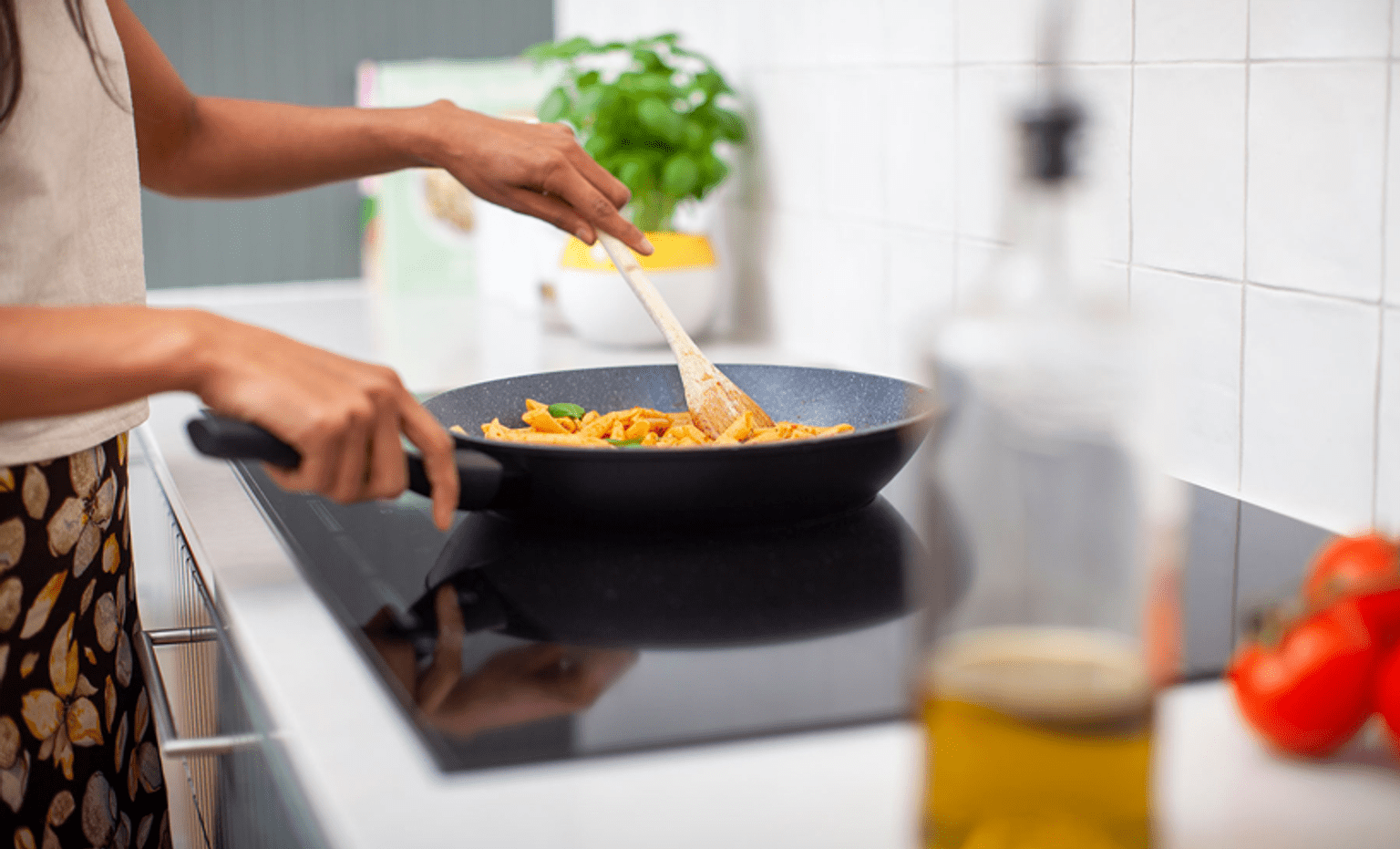Lightweight Cast Iron for Induction: A BBQ Enthusiast's Dream
Written By James Morgan
For the seasoned barbecue enthusiast, the quest for the perfect cooking tools never ends. The introduction of lightweight cast iron for induction has revolutionized the way we approach grilling and outdoor cooking. Imagine combining the durability and heat retention of traditional cast iron with the convenience of modern induction cooking. This blend offers an unparalleled cooking experience that promises both efficiency and flavor.
One of the great things about lightweight cast iron is its adaptability. If you're used to the classic, hefty cast iron pans, you might be pleasantly surprised by how these lighter variants can offer similar benefits without the back-breaking weight. Especially when it comes to induction cooking, these pans heat up quickly and evenly, making them perfect for searing meats to perfection.

Why Choose Lightweight Cast Iron?
The primary advantage of opting for lightweight cast iron is its ease of use. Traditional cast iron cookware, while beloved, can be cumbersome and challenging to maneuver, especially when dealing with larger cooking tasks. Lighter versions retain most of the advantages of their heavier counterparts but are far easier to handle. They are particularly beneficial when used with induction cooktops, where quick and even heating is crucial.
Moreover, these pans are perfect for outdoor cooking scenarios. When you're at a barbecue, the last thing you want is to be burdened with heavy cookware. Lightweight cast iron allows you to enjoy the full experience of cast iron cooking without the added strain.
Benefits for Barbecue Enthusiasts
Barbecue enthusiasts will find that lightweight cast iron offers numerous benefits. For one, its compatibility with induction cooktops means you can use it on your grill or bring it indoors during inclement weather. This versatility ensures that you're not limited by your cooking location.
Additionally, vintage cast iron enthusiasts will appreciate the modern twist on traditional designs. The lightweight nature doesn't compromise the rich, authentic flavors that cast iron is known for. Instead, it enhances the overall cooking experience by being more user-friendly.
Maintenance and Care
Maintaining lightweight cast iron is akin to caring for traditional cast iron cookware. Proper seasoning is essential to ensure its longevity and performance. After each use, clean the pan with warm water and a gentle brush, avoiding soap if possible. Dry it thoroughly and apply a thin layer of vegetable oil to keep it seasoned.
Regular maintenance not only preserves the pan's non-stick properties but also protects it from rust. This care routine ensures your cookware remains in top condition, ready for your next barbecue adventure.
Choosing the Right Cookware
When selecting a lightweight cast iron pan for induction cooking, consider your specific needs. If you often cook for larger groups, a bigger pan may be necessary. Look for options with ergonomic handles for improved grip and control, especially when transferring food between the grill and the table.
Exploring the different styles and brands can be a fun journey. For those interested in high-quality options, check out high-end cast iron selections that promise durability and performance.
Conclusion
The introduction of lightweight cast iron for induction cooking has opened new doors for barbecue enthusiasts. By combining the benefits of traditional cast iron with modern convenience, these pans offer a versatile and efficient solution for outdoor and indoor cooking alike. Whether you're a seasoned griller or just starting, integrating this cookware into your culinary arsenal is a choice you won't regret.
To further explore the world of cast iron and its compatibility with various cooking methods, you might find this Wikipedia article on induction cooking quite informative.

FAQs
Can lightweight cast iron be used on all types of cooktops?
Yes, lightweight cast iron is versatile and can be used on induction, gas, and electric cooktops, making it an ideal choice for any kitchen setup.
Is there a difference in cooking performance between lightweight and traditional cast iron?
While traditional cast iron may offer slightly better heat retention, the difference is minimal. Lightweight cast iron provides excellent performance, particularly for induction cooking.
How do I know if my pan is suitable for induction cooking?
Most cookware suitable for induction cooking will be labeled as such. You can also perform a simple magnet test: if a magnet sticks to the bottom of the pan, it should work with induction cooktops.



